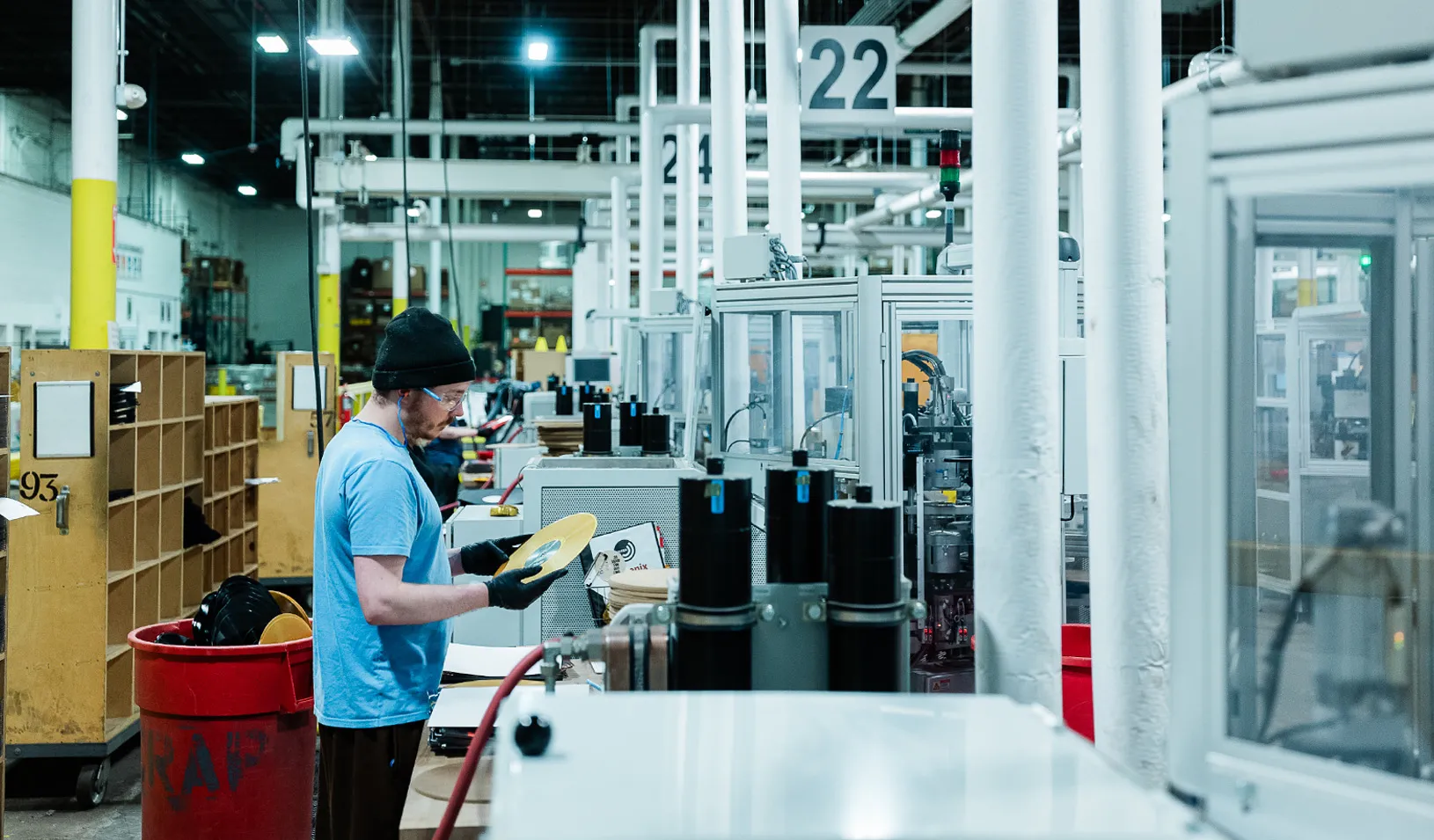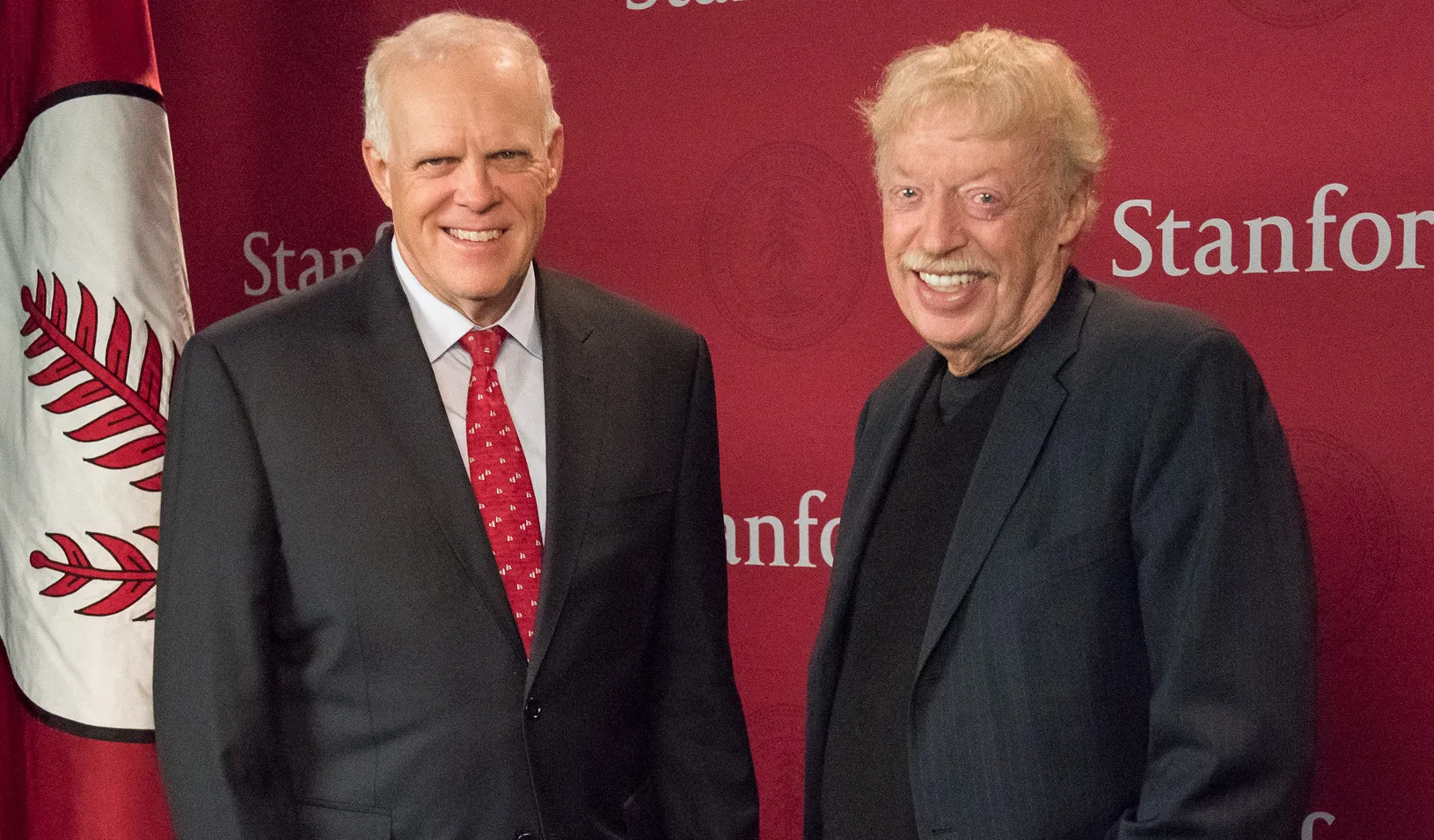Sarah Alexander, MBA ’22: Offering a Lifeline to Parents When Childcare Falls Through
Stanford Impact Founder Fellow launched Patch Caregiving to help parents in emergencies.
May 19, 2023

Sarah Alexander, MBA ’22| Saul Bromberger
At age 15, Sarah Alexander started running a summer camp in her backyard. While designing the craft projects and other activities for the children of her neighborhood, she had little idea that childcare would end up being the focus of her work as a social entrepreneur. “Growing up, I was the babysitter extraordinaire,” she says. “I would read books and take classes on babysitting. Never once did I think this would be part of my professional life.”
Fast forward to today, and Alexander and her cofounder Olivia Rosenthal, MBA ’22, are developing a business that aims to serve a workforce largely ignored by the childcare industry: employees working shift-based jobs. “Hourly workers live lives of instability,” Alexander says. “On every dimension, something is always going wrong or feels like it is — and childcare is a big one.”
Even before starting her MBA coursework at Stanford Graduate School of Business, Alexander was troubled by growing wealth inequality in the United States and wanted to find opportunities to help low-income Americans gain economic stability.
Then, in her first week at Stanford, she met Rosenthal, whose career path up to that point had been in maternal and reproductive health. Rosenthal was also passionate about serving low-income families. “Something went click,” says Alexander. “Olivia had experience with all the family aspects of this problem and what it means for outcomes, and I had the financial lens of why this is a crazy cost for anyone to bear.”
The two dug into research with support from GSB faculty and the IDIF experiential program offered by the Center for Social Innovation. When talking to families “what came up again and again was childcare,” Alexander says. “I’d talk to parents who were still paying off their student loans but were now taking on new loans to pay for childcare. So it’s really burdensome financially.”
They are now developing a company called Patch Caregiving, building on the research they conducted at GSB. The business is an employer-sponsored benefit that hourly working parents can use when their childcare plans fall through. Critically, the backup care it offers is not only trusted, high quality, and available at the last minute. It is also affordable to anyone, regardless of income.
“We want to meet the needs of the hourly workforce across the U.S.,” says Alexander. “Childcare is a really big form of instability for this demographic. And it is interlinked to all these other challenges. Childcare could be a platform on which to build resilience.”
The Problem
Before working on their solution, Alexander and Rosenthal embarked on an intensive period of research. Talking to parents, social workers, childcare providers, policymakers, managers, and executives, their goal was to unpack the complex causes of America’s childcare crisis and examine its impact on low-income communities.
It was 2020, and while the crisis predated the pandemic, COVID-19 lockdowns exposed several things: how hard it is for low-income employees to access childcare; how much the world relies on these workers, whether in supermarkets or logistics warehouses; and how little attention has been paid to their needs.
The challenges are many and complex. First, most of these workers cannot operate remotely. They often work non-traditional hours at times when daycare centers are closed. Many live in “daycare deserts” — places where demand is three times the number of available spots for children. “And 50% of the U.S. is a daycare desert,” says Alexander. “There’s a massive lack of supply.”
Finally, of course, there is the sheer cost associated with care — which averages $1,230 per child per month, and costs more than in-state college tuition, according to nonprofit network Child Care Aware. As a result, explains Alexander, parents have to rely on family and friends. However, when those forms of support fall through, they have no backup.
It might be that a grandmother has been helping to look after her granddaughter but suddenly needs to go to the hospital. It might be that a parent has been taking a neighbor’s children to school and in return, the neighbor cares for her toddler, but her car breaks down, and the arrangement collapses. In these and other situations, parents are left without childcare.
The co-founders’ research also uncovered an unexpected challenge. “Because these parents have never used a professional childcare provider before, they have massive trust and safety concerns,” explains Alexander.
All this puts huge amounts of stress on families. “We had people crying in our interviews,” says Alexander. “It was a real and very tragic insight into the day-to-day lives of all these people who support our economy.”
The Novel Idea
In addition to the stress it places on parents, the childcare crunch causes another problem: absenteeism. In December 2022, for example, childcare problems caused 51,000 parents to miss work, according to the Bureau of Labor Statistics.
However, the problem this presents to employers is what Alexander and Rosenthal believe will underpin the success of the Patch Caregiving model. For if the pandemic has caused employers to recognize the importance of these workers — who are now often described as “frontline” or “essential” — the “great resignation” among these workers has also pushed employers to work harder to attract and retain people in these key roles.
The Patch Caregiving model, therefore, delivers a double win. First, partnering with companies, which subsidize the service for their workers, is what will make its emergency care affordable. Parents pay a small fraction of the cost, with their employer covering the rest.
To control expenditure, employers can limit how many times a week or a month workers can use the service. However, since the service provides emergency rather than full-time care, this still makes it possible to meet the needs of the workforce.
Covering only emergency care also means Patch Caregiving can focus on providing its childcare staff with training that will enable parents to trust the service.
Importantly, the model appeals to employers who, at a time of severe staff shortages in industries such as hospitality, retail, and logistics are having to do more to understand the needs of these workers. Offering subsidized emergency childcare enables them to become more attractive employers, to retain staff for longer, and to cut the costs associated with absenteeism.
“That makes it easier for us,” says Alexander. “We’re not just saying this is good for employees. It’s also good for the bottom line — and that resonates.”
The Innovator
Alexander’s work has emerged from a rich set of passions, insights, and experiences. As an undergraduate, she and fellow students spent their senior year and six months after graduation developing a biodiesel company in India. “I’d studied abroad and had seen a lot of street vendors dumping cooking oil,” she explains. “We knew we could turn it into a cleaner-burning fuel.”
In the end, Alexander moved on since developing the business would require relocating to India — something she was not ready for. However, the experience led her to work as an impact investor on behalf of a family office, where she focused on financial inclusion in Africa. “That sparked a deep interest in how to use business to provide social impact,” she says.
The MBA then gave her the skills needed to pursue this new idea. “Stanford was incredible for providing the space, faculty, resources, and time to develop the idea that we turned into a company,” she says. “It was the boot camp we needed to understand how to go from an idea to bringing it to life.”
Now, on the point of scaling up the enterprise, Alexander is excited about the prospect of being able to help fill a gap that creates extreme economic and emotional stress for so many families.
She points to the story of Jane, a single mother in her second week at a new job who, when her nephews could no longer watch her three young girls, had to turn to neighbors.
Since the neighbors tended to be less reliable, especially at night, she was being forced to miss many days at work. She loved her new employer and wanted to build a career there, but worried that missing more work might get her fired. After calling Patch in a state of panic, she enrolled and now uses the service whenever her childcare falls through.
Jane has not had to miss another day of work since then and, a month after calling Patch was promoted to a role as a manager. “When she called to tell us the good news, she said Patch was the sole reason she’d been able to advance to the manager job,” says Alexander. “It’s hard to put into words how awesome that felt.”
For media inquiries, visit the Newsroom.
Explore More
Maker: United Record Pressing

Phil Knight Honored with Uncommon Citizen Award

Catherine Roberts Joins Stanford GSB as CCMO
